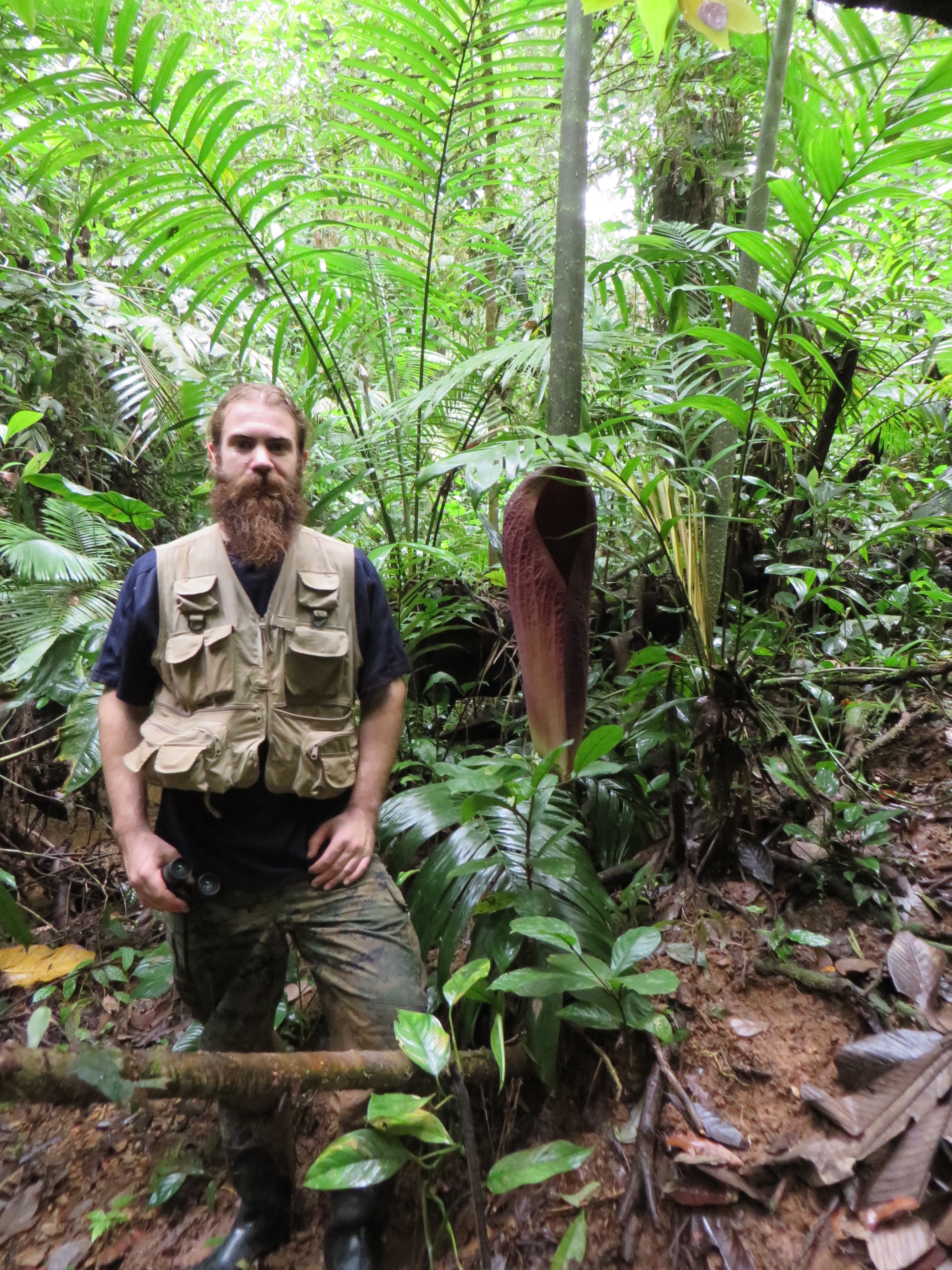
As I find myself again in the proverbial armchair, which disappointingly happens to have no armrests, I’m curious: did my experience change my perspective on biology, or on science more generally? How did my first time out there in the field make me think differently?
First and foremost, I’ve come to realize how hard it really is to get things done when you’re out there – especially when you’re not well equipped with a background on your study system or on how to attack your problems in a methodological sense. However, I think that was part of the fun of this trip – knowing absolutely nothing, figuring out a way to figure it out without an extensive literature on the subject, and coming away with some new knowledge (even if it was less than we’d hoped). The limitations we had – for example, exhausting all our possible methods for marking flies, only to find out that they’re all lethal or a good method for turning craneflies into spider food, or finding out that your camera traps aren’t keeping proper time after being out at the sites for days – gave some excellent perspective on the challenges faced by all the researchers whose work I read – challenges that you never see in the final product. It’s easy to try to poke holes in someone’s work without seeing how it may be a triumph against many great odds. Although criticism is obviously part of the dialectical process of science and difficulty is not an excuse for poor work, this experience gave me another perspective that I may have been lacking – to appreciate of the ingenuity and simple elegance of many experiments, rather than just look for flaws as a knee-jerk reaction.
Secondly, it’s really fun to figure out new things. While out there in the field, I often reminisced on Richard Feynman’s “The Pleasure of Finding Things Out,” especially with the things that not much was known about, such as cranefly behavior. There was definitely a new joy I hadn’t felt before – that of having my speculation be bounded by experiment and observation. This, I think, was one of the most well-met expectations for this FBQ. I spent a lot of time simply observing and coming up with ideas, as I have often done before, but it was fascinating to then have to turn around wonder – well how should I test that? What further quantitative observations should I make? Although time constraints, and to some extent poor planning, kept us from really getting at many of our questions, this was just further motivation for me to improve my research skills (a favorite quote of mine is “the first step to being good at something is to really suck at it”) and also made me want my own questions – the ones that I can spend years on in that iterative process of speculation then experimentation.
